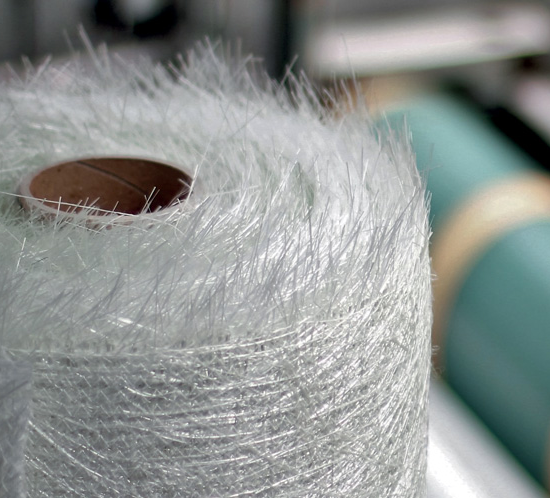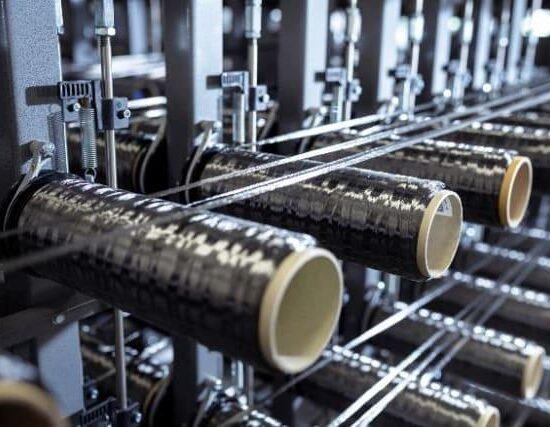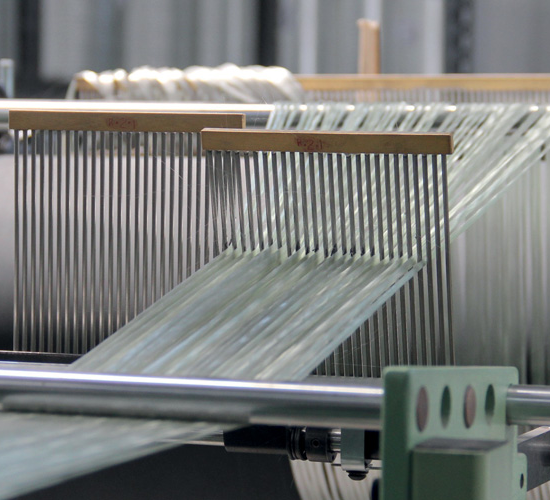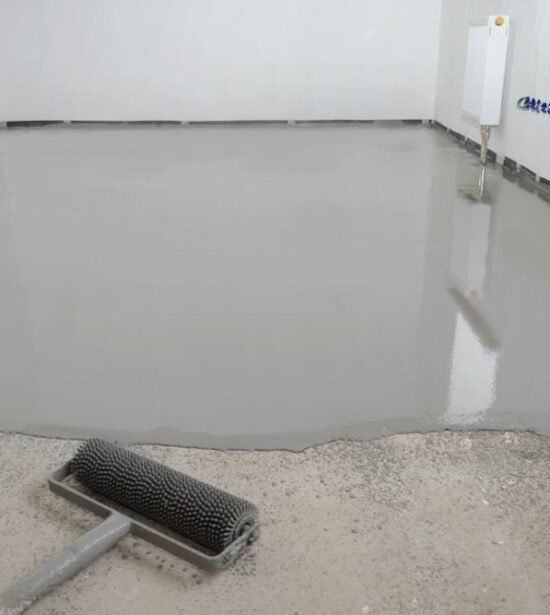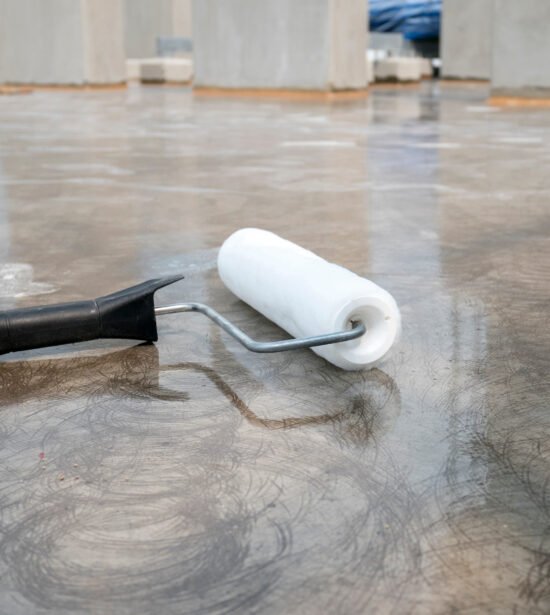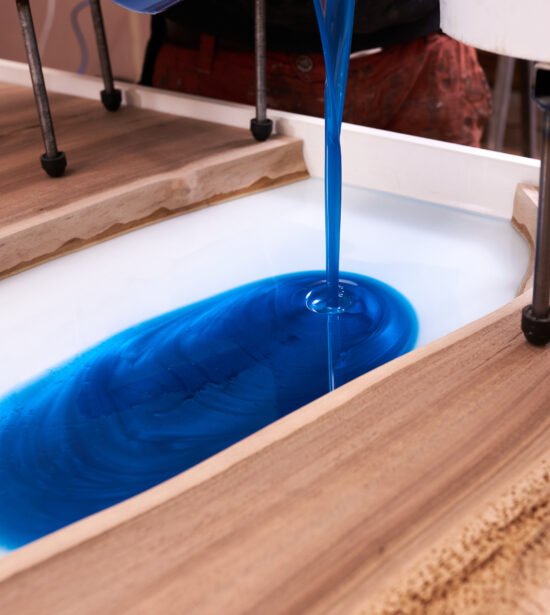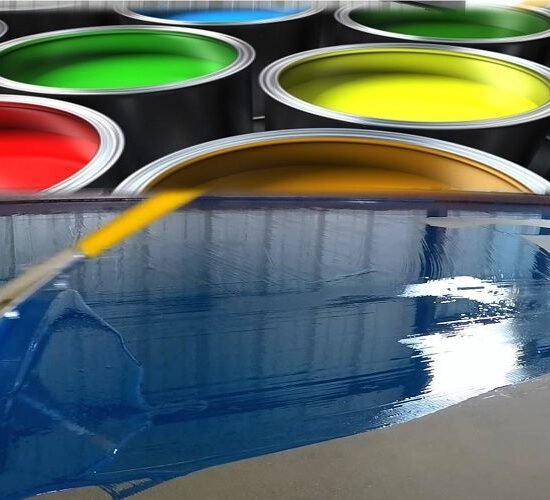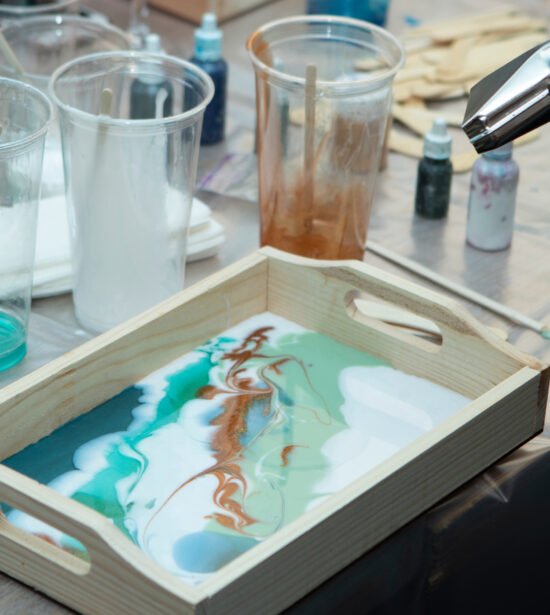Composite Industry
Composites’ anti-corrosive properties stand up to harsh environments and have fast become a key factor in successful industrial applications, especially where safety is of major concern. Composites are ideal for a wide range of industrial applications, particularly where equipment is subjected to corrosive chemicals or extreme environmental conditions, including fans, pumps, blowers, scrubbers, cooling towers, and much more.
Polyester resin, sometimes referred to as “plastic,” is used to transfer stress between the reinforcing fibers of a composite material. Resins act as glue to hold the fibers together and protect the fibers from mechanical and environmental damage.
Flooring And Coating
Because of its ability to create a strong, durable, and chemically resistant substance, epoxy and epoxy coating compounds can be used for a variety of purposes. You can find epoxy coatings used throughout industrial manufacturing plants, in composite materials such as carbon fiber and fiberglass, and in a variety of electrical, automotive, and marine applications. Epoxy materials and epoxy coating compounds can also be used as durable adhesives in a variety of applications.
Paints Industries
Paints vary widely in terms of chemistry. They typically include a resin, a solvent, additives, pigments, and in some cases, a diluent. Solvent-based paints contain volatile organic compounds (VOCs) as the carrier. Water-based paints contain mostly water, but also chemicals such as glycol ethers and alcohols as the carrier. Different types of industrial paints include Alkyd, Acrylic, Epoxy, Polyester, etc.

